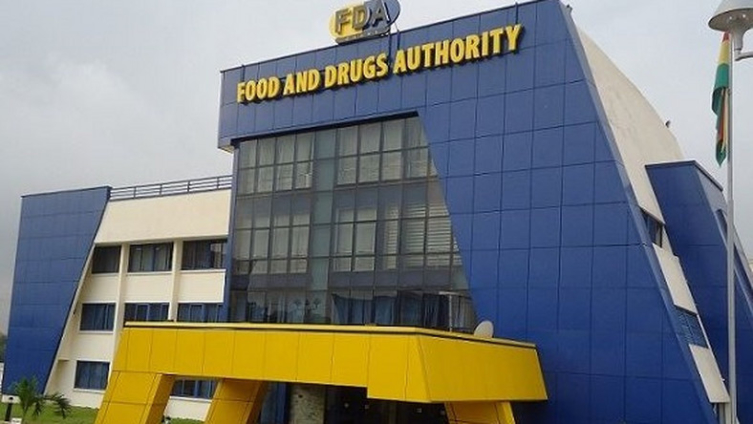Despite the negative impact of COVID-19 on the economy in 2020, the Food and Drugs Authority (FDA) registered more locally-made products than in 2019.
In 2020, the Authority registered 14,690 products out of which 5,186 were locally produced as against 12,152 products registered in 2019 with only 2,717 made locally.
Mrs Delase A.A. Darko, the Chief Executive Officer (CEO) of FDA, who made this known in an interview with the Ghana News Agency (GNA) in Accra, said, generally, the FDA registered more products in all categories last year than in 2019.
The products comprised medical devices, foods, drugs and nutraceuticals, cosmetics and household chemicals, herbal products and food supplements.
The number of registered medical devices like syringes, sanitary pads and diapers, and examination gloves increased largely from 349 in 2019 to 1,550 in 2020, she said.
In 2019, the FDA did not register any local medical devices but in 2020, 344 out of the 1,550 registered were made in Ghana. These were mostly nose masks as no locally-made nose masks were available before 2020,” she said.
Mrs Darko said the pandemic had boosted the local manufacturing industry and the economy, with a lot of small businesses starting up last year.
Read More:
She said before 2020, the Authority had registered only 19 hand sanitizers in Ghana but presently there were over 1,200 registered ones on the markets, all made locally.
“We also registered some 10 locally made Personal Protective Equipment (PPE) in 2019…..Nothing was coming in from China because of the travel ban, so we innovated, we got the standards and they manufactured,” the CEO said.
Mrs Darko said last year a lot of liquid soaps and herbal medicines were manufactured and although a number of food supplements were imported, more zinc and vitamin C supplements were produced locally.
In the food category, the Authority registered 6,946 products in 2019, out of which 1,513 were locally made, whilst in 2020 it registered 7,538 products out of which 2,456 were produced here.
Mrs Darko said the registration of more local products at the start of the pandemic was an indication that, when put to the task, the local industries could be more effective.
The FDA, in its bid to help more indigenous industries to grow, signed a Memorandum of Understanding (MOU) with the National Board for Small Scale Industries (NBSSI) earlier last year, which contributed to the certification of more products.
It also made history that year by giving approval and license to the first ever group of disabled persons from the Ghana Federation of Disability Organisations to produce fruit juice.
Mrs Darko said the Ghanaian industry must be supported to be vibrant and compete with foreign products on the markets.
At the time when the foreign products were not coming in, the local industry realised that there was a place for them and that inspired them to come up with amazing products,” she said.
Mrs Darko said in spite of the progress made, some local manufactures were unable to register their products due to laboratory analysis failure.
Some of the products did not also have the date marking for expiry, while others had no English labels and ingredients contained in the products.
Other challenges that disqualified the registration of products included inadequate documentation, lack of evidence to support therapeutic claims, lack of restricted part of drug master file in application and producers inability to justify control of impurities.
Source: MyJoyOnline.com

